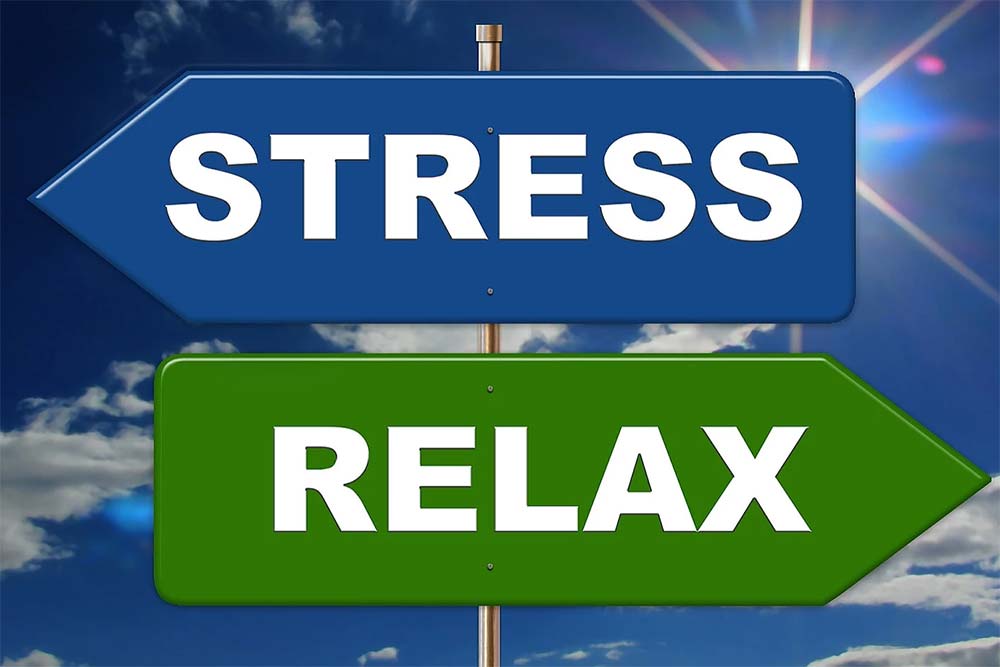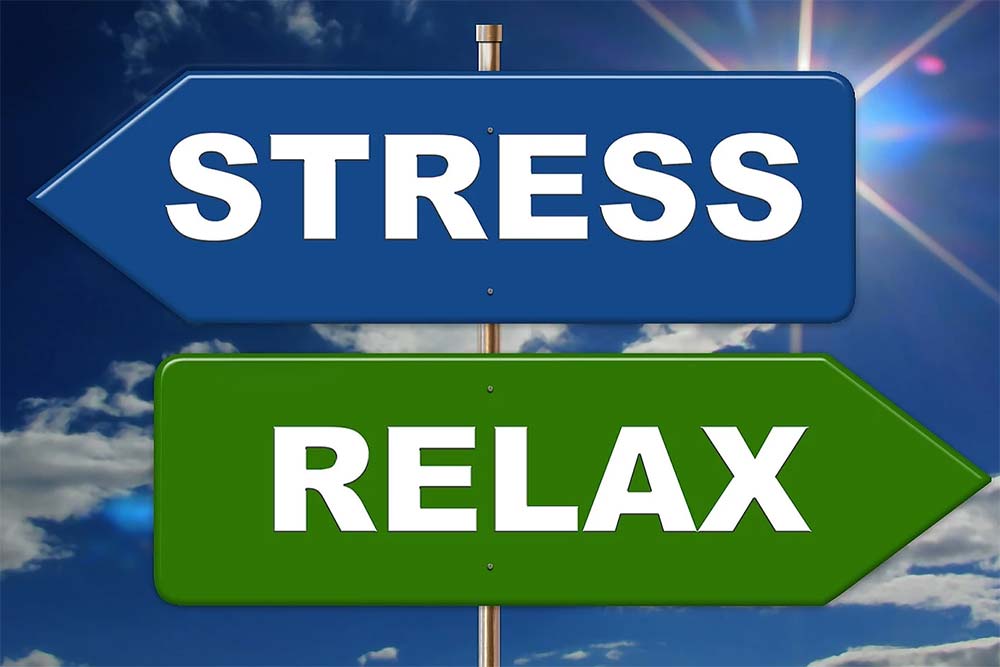Just like you wouldn’t run to the GP at the first sign of a cold, calling a therapist to help you deal with your anxiety, stress and/or depression is not the first thing that you would think of.
It takes some time and thought to make that first step, to decide that that is the course of action you want to take. Equally, as a therapist, I like to be sure that you are ready to take on the commitment of attending sessions and making the change. The clients I see have tried many things before they come to see me and they work for a while, so they gain certain coping strategies themselves.
Unfortunately, it does mean that you can deny how you are actually feeling, your issues intensify and you become overwhelmed.
Don’t wait too long before seeking professional help but equally, there are some things you can do to make a start yourself and consequently, help you decide if you do want to go down that route.

1. Read Up
I’m a firm believer that knowledge is power so get informed by reading. Over the past 5-10 years, there has been a massive increase in the number of self-help books that are available. You don’t have to be an avid reader or look towards academic texts and papers. Some of the most helpful books I’ve read have taken me less than an hour to read and often it’s just one sentence in one paragraph of a book that has changed the way I think completely.
Here’s a list of a few I would recommend as a good starting point;
The Chimp Paradox by Prof Steve Peters
Cavemen and Polar Bears by Andy Workman
The Science of Meditation by Daniel Goleman
Why We Sleep by Matthew Walker
Who Moved My Cheese by Spencer Johnson
Atomic Habits by James Clear
2. Assess your lifestyle
Are you drinking too much? Do you Smoke? Are you a couch potato?
You know that these things are not good for you and yet you can’t stop doing them. You can’t use alcohol or drugs to self-medicate.
I’m not saying you need to give up alcohol completely or go out and run a half marathon but you do need to look at your lifestyle and consider where you could make a few small changes that could begin to benefit your overall well-being.
3. Assess your tribe
Who are the people you surround yourself with?
Throughout evolution, we have been drawn to like-minded people that we feel we have a lot in common with. We want to be part of a tribe. Are the people around you also anxious, depressed people? Or do they boost you and motivate you?
Toxic relationships are a huge contributing factor to your own stress levels.
4. Assess your information resources
As well as reading we now have access to so many resources for information, the internet, TV, podcasts and video. However, this has also led to a variety of quality from these sources.
If there’s one thing that fills up my stress bucket is seeing the craze for mindless TV, reality shows and pointless Youtube ‘influencers’ becoming ever more popular. If you are absorbing this kind of information then how do you expect to improve yourself?
Are the things you watch educational and informative? Do you listen to interesting podcasts? Do you catch up on motivational videos? I’m not saying that this is all you do but try to find a balance between the fun stuff and something that you could spend your time on more productively, that could be of more value to you.
5. Self-care
Do you spend time looking after yourself?
In an ever-increasing society that demands more and more of our attention, please spend some time paying attention to yourself. Whether that’s making sure you prepare a nice meal, spending time on a beauty routine, or getting some fresh air, it’s really important that you pay attention to YOU and have some time for yourself. Even 5-10 minutes regularly will make all the difference.
Doing any of these things may not be easy for you but thinking positively doesn’t just happen, you have to take positive action first.
If after trying all of these things you still need further help then you’re doing the right thing.
After all, just like going to see the GP, you’ll know when the time is right to take action. After all, how much longer can you carry on feeling this way.
Gin Lalli [email protected]
Gin Lalli is a Solution Focused Therapist specialising in anxiety, depression, stress and sleep. She is based in Edinburgh, Scotland


